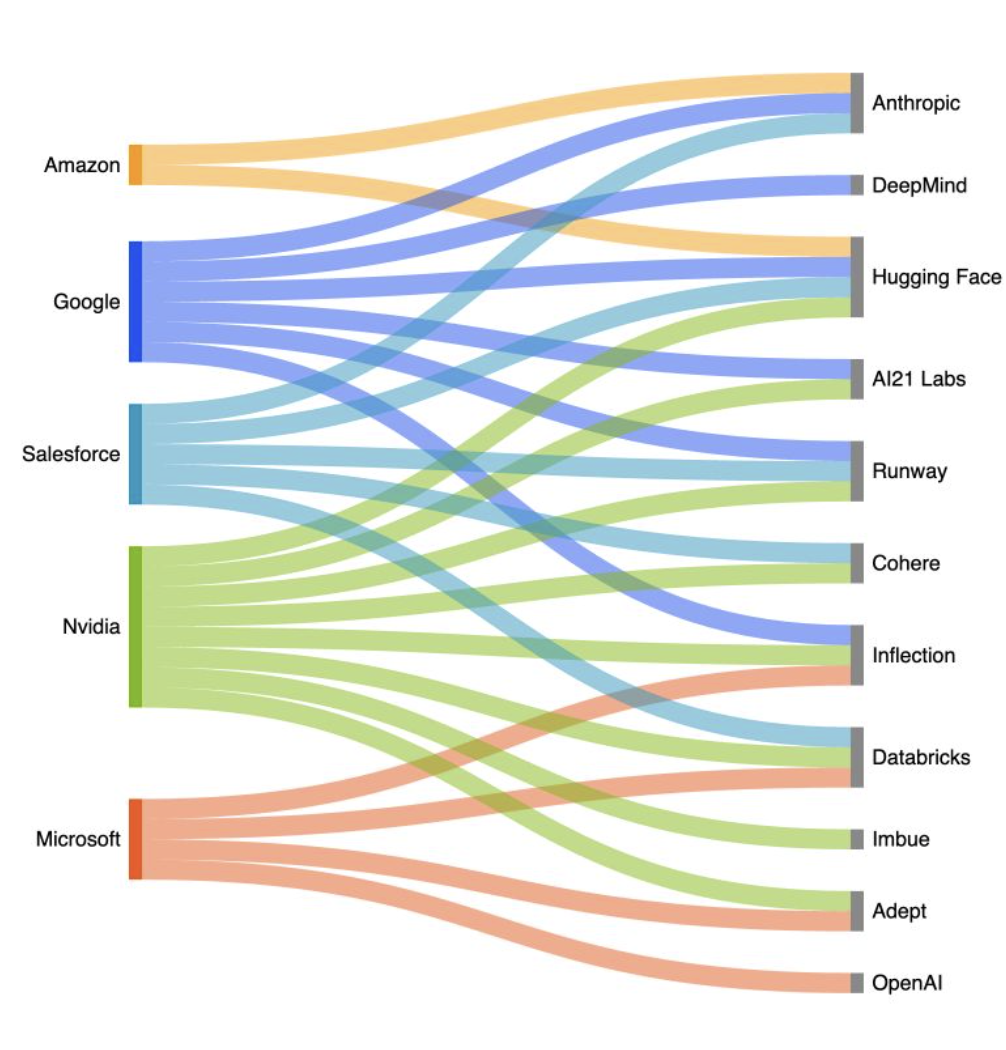Griffin on Tech: Barry Young is no Edward Snowden
It was just a couple of weeks ago that I got around to reading Permanent Record the autobiography of National Security Agency whistleblower Edward Snowden.
In 2013, Snowden shocked the world when he left his job in Hawaii as a security contractor to the NSA, flew to Hong Kong and started releasing stolen classified documents to media outlets.
The tech news over the next couple of years was dominated by revelations of Prism, the secret programme that allowed intelligence agencies to engage in mass surveillance by directly accessing the servers of US internet companies. The whole incident spurred the likes of Google, Facebook and Microsoft to implement full end to end encryption services so they could honestly tell the intelligence agencies they weren’t able to access their customers’ data.
Snowden writes in his book that he can’t point to one moment when he made up his mind to leak highly sensitive documents, potentially damaging US national security in the process.
“The most important decisions in life are never made that way. They’re made subconsciously and only express themselves once fully formed - once you’re finally strong enough to admit to yourself that this is the course your beliefs have decreed.”
Barry Young, a Te Whatu Ora IT worker who appeared at the Wellington District Court this week charged with allegedly leaking data from the National Vaccination Database, has been touted in anti-vaccine forums and in an interview with conspiracy theorist Alex Jones as a “whistleblower”.
But while Young, like Snowden, may have felt like he had some sort of moral responsibility to release the data, that’s where the similarity ends. Independent experts who have analysed Young’s interpretation of the data have rubbished his conclusions about vaccine-related deaths. Snowden unveiled a hidden surveillance empire. Young appears to have just fed the anti-vax misinformation machine.
The vaccine data were subject to a non-publication order, but are not classified. This is nowhere near as serious as the Snowden leaks. But it casts a cloud over the many professional and ethical IT workers across government who have access to sensitive data in numerous databases. Many IT managers will be reviewing their data access policies and permissions. An investigation at Te Whatu Ora will establish how the data breach occurred, and hopefully confirm whether any other health data was accessed and inappropriately removed.
It highlights the fact that we don’t have an official whistleblower regime in New Zealand, which could encourage public servants to confidentially approach an independent body with genuine concerns instead of going to the media, or worse conspiracy theorists pushing an agenda and undermining public health measures in the process.
Google plays catch-up
Google appears to be back in the AI race with the release of Gemini, its flagship AI model that can understand text, images, video, and audio. Gemini is Google's most powerful AI model to date and is intended to compete with OpenAI's ChatGPT.
It will first be integrated into Google’s Bard chatbot, which I’ve increasingly been using to good effect. It will also be available on Google’s Pixel smartphones, which sadly aren’t on sale in New Zealand.
The duck demo involving Gemini was brilliant, in contrast to Google’s previous ham-fisted attempts to promote its AI prowess. With its ability to draw on Gemini across its suite of tools, including Google Drive, Gmail, Maps and Search, Gemini is an important development for Google and rounds out a bewildering year of rapid-fire developments in the generative AI space. It's good for Google's ability to compete against OpenAI, Microsoft and AWS.
But as writers at MIT Technology Review wrote this week, be in no doubt, the GenAI space is dominated by Big Tech.
"With vanishingly few exceptions, every startup, new entrant, and even AI research lab is dependent on these firms. All rely on the computing infrastructure of Microsoft, Amazon, and Google to train their systems, and on those same firms’ vast consumer market reach to deploy and sell their AI products," they write.
A graphic published on LinkedIn by AI commentator Charlie Guo summarises the issue well - big Tech has its tentacles into virtually all of the AI firms that have attracted attention this year, as investors and partners.

Source: Charlie Guo/LinkedIn
